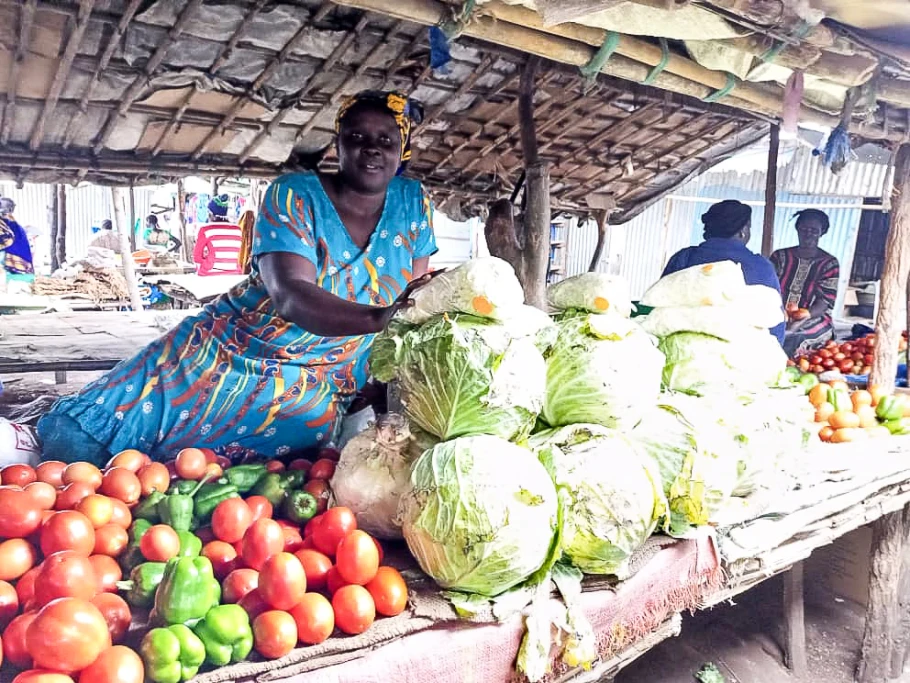
A new South Sudan Poverty and Equity Assessment (PEA) Report, released on Tuesday by the World Bank, indicates that poverty is endemic and vulnerability is almost universal following a decade of economic decline in the world’s youngest country.
The South Sudan Household Budget Survey from 2022 reveals that 76 percent of South Sudanese people live below the national poverty line, which is set at 358,724 South Sudan Pounds (SSP) per person annually.
Extreme poverty, defined as living on less than $2.15 per person per day, affects over two-thirds of the population, highlighting the dire situation in the country.
The report highlights that widespread and extreme poverty stems from a combination of complex historical and systemic factors.
These include persistent conflicts and violence, inadequate state capacity to deliver essential services to the population, weak governance, and recurrent natural disasters.
The assessment warns that household strategies to cope with adversity have exacerbated vulnerability and have negatively impacted the capacity of most South Sudanese to withstand future shocks.
“Weak governance, multiple shocks, lack of economic opportunity, high food prices, and conflict have all contributed to increased poverty and vulnerability. South Sudan’s challenges are many, but I also think that there are real opportunities to improve peoples’ livelihoods,” said Charles Undeland, World Bank Group Country Manager for South Sudan, in a brief press release seen by this publication.
“To achieve this goal, include better management and utilization of the country’s resources and foster a stable, secure environment where citizens can farm, work, and invest to provide themselves with a better future.”
The report highlights that even non-poor South Sudanese are only one shock away from poverty.
Vulnerability, defined as the probability that a household remains in or falls into poverty soon, is almost universal at over 99 percent.
The South Sudanese population's extremely low levels of human and physical capital, which trap people in chronic poverty, primarily explain high levels of vulnerability.
While peace and security are immediate priorities and foundational conditions, strong investments in basic services and infrastructure will be needed to reduce the vulnerability of the population.
“Food insecurity is a widespread issue in South Sudan and has worsened recently with the spike in inflation. High food prices limit access to food, even in rural areas where over half of households depend on market purchases to acquire food,” said Frank Adoho, World Bank Senior Economist for South Sudan.
“Insecurity, population displacements, and low agricultural investment have reduced food production, contributing to the high rates of food insecurity. Investing in agriculture and road infrastructure would enhance market integration, connect rural areas with towns, and improve food delivery, thereby lowering staple food prices and reducing import dependence.”
The report has called on authorities to invest in data and statistical capacity to narrow large data and knowledge gaps.
It noted that South Sudan’s statistical system is weak and complicates informed decision- and policymaking.
“The challenge facing policymakers in South Sudan is to design and implement sustainable, well-targeted policy interventions to address extreme poverty and food insecurity,” said Dr. Augustino Ting, director general, National Bureau Statistics.
“Effective policymaking relies on credible evidence, requiring increased investment in building a robust statistical system to support these interventions.”